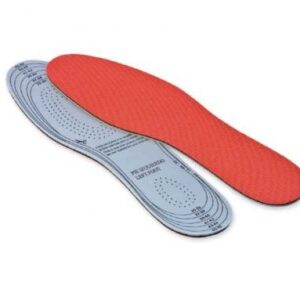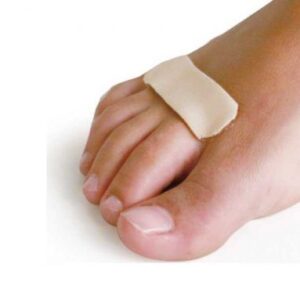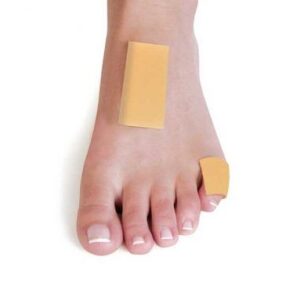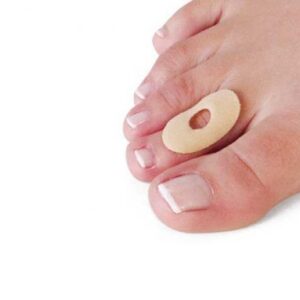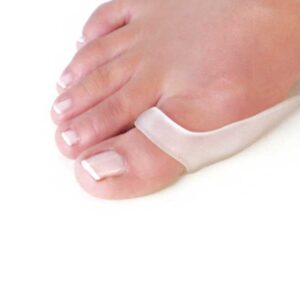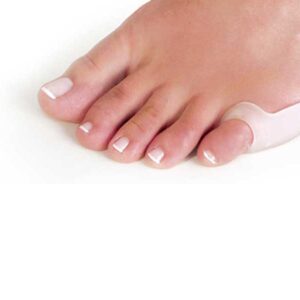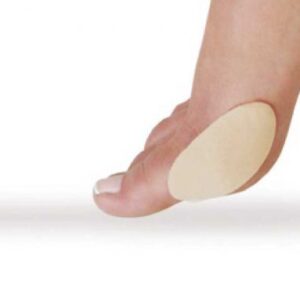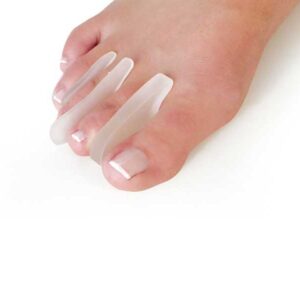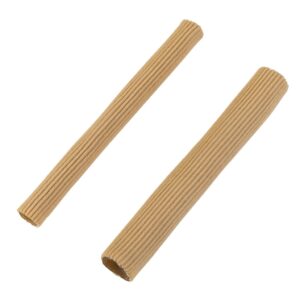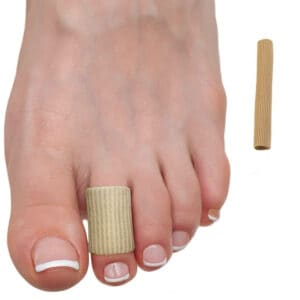Clawed Fingers
Claw toes refers to a deformity of the toes characterised by abnormal flexion of the joints, usually in the middle and distal phalanges, resulting in a posture that resembles the curve of a claw.
Most common foot pathologies
Symptoms
Joint pain especially when moving the fingers; Difficulty straightening the fingers which can interfere with daily activities; Calluses can develop due to uneven pressure on the affected areas.
Common types: Flexible claw fingers - can be straightened manually; Rigid claw fingers - cannot be straightened manually.
Risk Factors
Older age due to the greater likelihood of joint wear; Chronic diseases such as arthritis or diabetes, whether due to peripheral neuropathy or joint inflammation, can contribute to joint deformity; Joint trauma or injuries; Imbalances between the muscles that control finger extension and flexion.
Protective Factors
Exercises to strengthen the muscles around the joints; Orthoses or splints can help keep the fingers in a straighter position; Treatment of the underlying condition (e.g. arthritis).
Treatment
Exercises to improve the range of movement and strengthen the muscles; Personalised orthoses and devices to help correct the position of the fingers; Analgesics and anti-inflammatories for pain relief; In severe cases or when other options are not effective, surgery may be necessary.
Information: All the information contained here is merely a summary for a general understanding of the pathologies, highlighting their definition, symptoms, risk factors, protective measures and treatment options.
Consulting a specialised health professional is essential for an accurate diagnosis and an effective treatment plan.
Support and protection for Clawed Fingers
Discover all the orthoses for Clawed Fingers
-
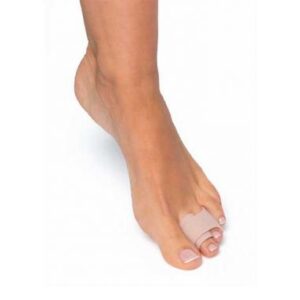 Seleccione Opções This product has multiple variants. The options may be chosen on the product page
Seleccione Opções This product has multiple variants. The options may be chosen on the product page -
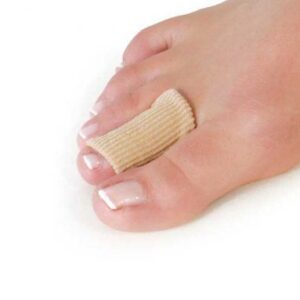 Seleccione Opções This product has multiple variants. The options may be chosen on the product page
Seleccione Opções This product has multiple variants. The options may be chosen on the product page -
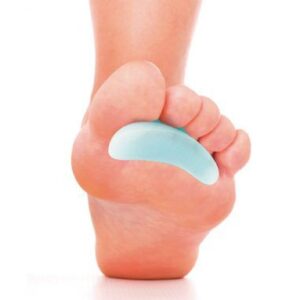 Seleccione Opções This product has multiple variants. The options may be chosen on the product page
Seleccione Opções This product has multiple variants. The options may be chosen on the product page -
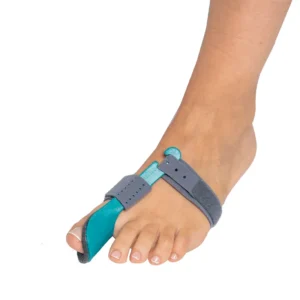 Seleccione Opções This product has multiple variants. The options may be chosen on the product page
Seleccione Opções This product has multiple variants. The options may be chosen on the product page -
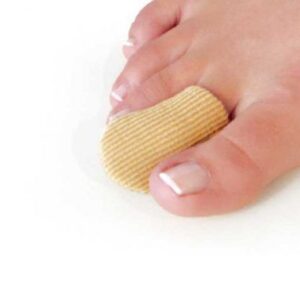 Seleccione Opções This product has multiple variants. The options may be chosen on the product page
Seleccione Opções This product has multiple variants. The options may be chosen on the product page -
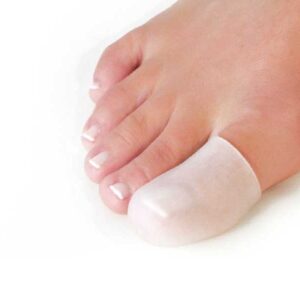 Seleccione Opções This product has multiple variants. The options may be chosen on the product page
Seleccione Opções This product has multiple variants. The options may be chosen on the product page -
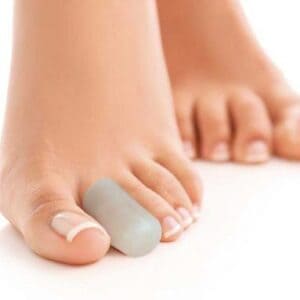 Seleccione Opções This product has multiple variants. The options may be chosen on the product page
Seleccione Opções This product has multiple variants. The options may be chosen on the product page -
 Seleccione Opções This product has multiple variants. The options may be chosen on the product page
Seleccione Opções This product has multiple variants. The options may be chosen on the product page -
 Seleccione Opções This product has multiple variants. The options may be chosen on the product page
Seleccione Opções This product has multiple variants. The options may be chosen on the product page -
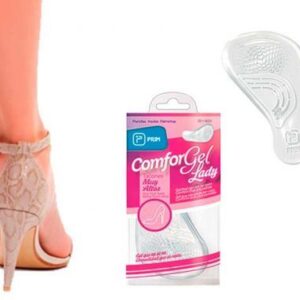 Seleccione Opções This product has multiple variants. The options may be chosen on the product page
Seleccione Opções This product has multiple variants. The options may be chosen on the product page -
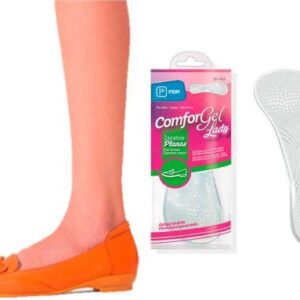 Seleccione Opções This product has multiple variants. The options may be chosen on the product page
Seleccione Opções This product has multiple variants. The options may be chosen on the product page -
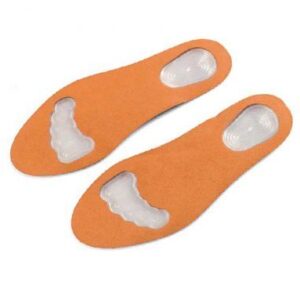 Seleccione Opções This product has multiple variants. The options may be chosen on the product page
Seleccione Opções This product has multiple variants. The options may be chosen on the product page -
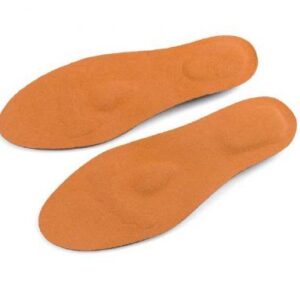 Seleccione Opções This product has multiple variants. The options may be chosen on the product page
Seleccione Opções This product has multiple variants. The options may be chosen on the product page -
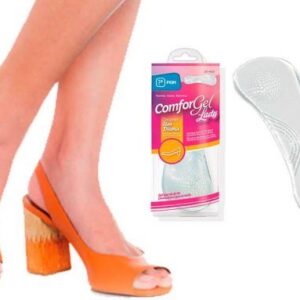 Seleccione Opções This product has multiple variants. The options may be chosen on the product page
Seleccione Opções This product has multiple variants. The options may be chosen on the product page -
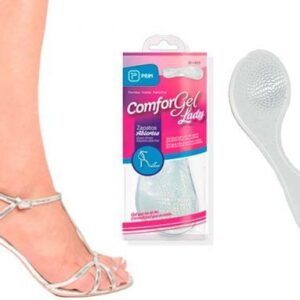 Seleccione Opções This product has multiple variants. The options may be chosen on the product page
Seleccione Opções This product has multiple variants. The options may be chosen on the product page -
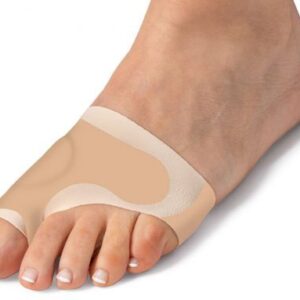 Seleccione Opções This product has multiple variants. The options may be chosen on the product page
Seleccione Opções This product has multiple variants. The options may be chosen on the product page -
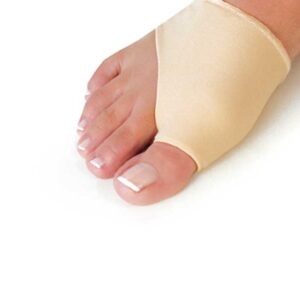 Seleccione Opções This product has multiple variants. The options may be chosen on the product page
Seleccione Opções This product has multiple variants. The options may be chosen on the product page -
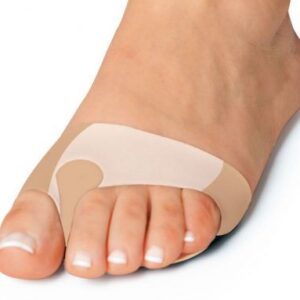 Seleccione Opções This product has multiple variants. The options may be chosen on the product page
Seleccione Opções This product has multiple variants. The options may be chosen on the product page -
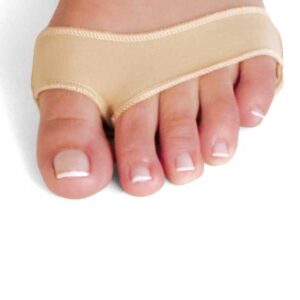 Seleccione Opções This product has multiple variants. The options may be chosen on the product page
Seleccione Opções This product has multiple variants. The options may be chosen on the product page -
 Seleccione Opções This product has multiple variants. The options may be chosen on the product page
Seleccione Opções This product has multiple variants. The options may be chosen on the product page -
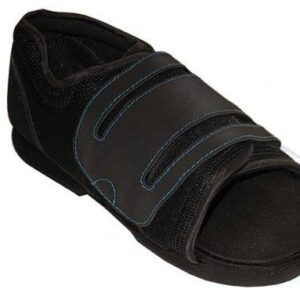 Seleccione Opções This product has multiple variants. The options may be chosen on the product page
Seleccione Opções This product has multiple variants. The options may be chosen on the product page -
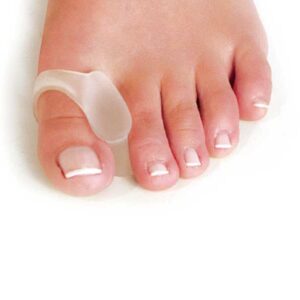 Seleccione Opções This product has multiple variants. The options may be chosen on the product page
Seleccione Opções This product has multiple variants. The options may be chosen on the product page -
 Seleccione Opções This product has multiple variants. The options may be chosen on the product page
Seleccione Opções This product has multiple variants. The options may be chosen on the product page -
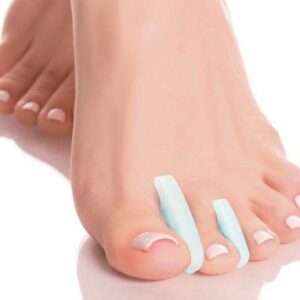 Seleccione Opções This product has multiple variants. The options may be chosen on the product page
Seleccione Opções This product has multiple variants. The options may be chosen on the product page -
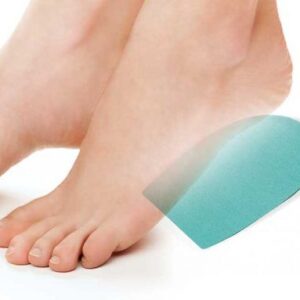 Seleccione Opções This product has multiple variants. The options may be chosen on the product page
Seleccione Opções This product has multiple variants. The options may be chosen on the product page



